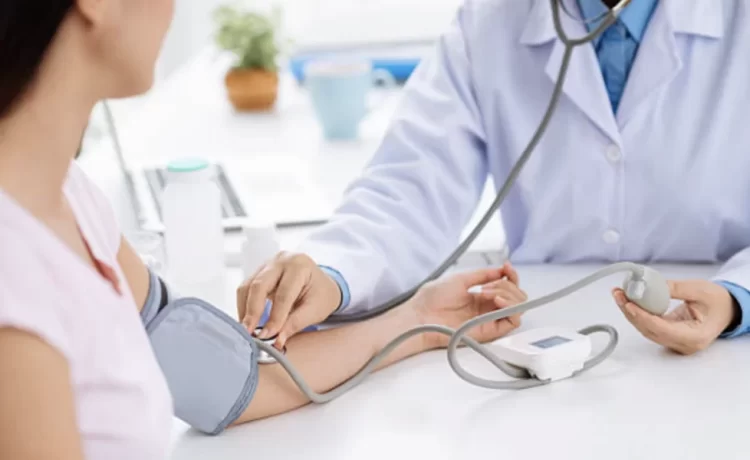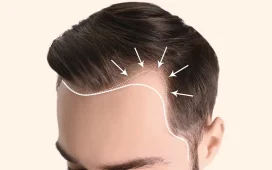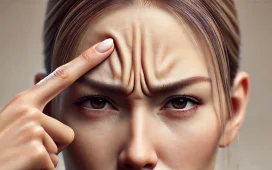Understanding mental health is vital. It is not just about personal well-being. It involves our community and our medical clinics. These clinics play a pivotal role. They are more than a location for a flu shot or a visit to a low testosterone specialist Fairfield. They are often the first line of defense in addressing mental health. They help identify issues, provide assistance, and guide us to healthier minds. Today, we dive into this crucial part clinics play in our mental health journey. Let’s begin.
Easing Access
Medical clinics break down barriers to mental health care. They are more accessible than specialty mental health clinics. They often have extended hours. They serve people where they live.
Spotting Issues Early
Doctors in medical clinics can identify mental health issues early. This is because people visit them for routine check-ups. And early detection is key. It helps people get help sooner. It reduces the impact of mental health issues.
Integrated Care
Medical clinics offer integrated care. This means they care for the body and the mind. They can connect patients to therapists. They can also prescribe medication. In this way, they provide a one-stop shop for health.
Reducing Stigma

Getting help at a medical clinic can reduce stigma. People may feel more comfortable going to a familiar clinic. They may feel less judged. It can make a big difference in seeking help.
Data Table: Mental Health Services in Medical Clinics
| Service | Description |
| Screening | Identifies early signs of mental health issues |
| Referrals | Connects patients to therapists and other mental health professionals |
| Medication | Prescribes medication for mental health issues |
| Education | Provides information on mental health and self-care |
Turning to medical clinics for mental health care is a step forward. It broadens the net. It captures more people who need help. And it makes it easier for them to get help. These clinics are not just for physical health. They are also for mental health. They are for us.











